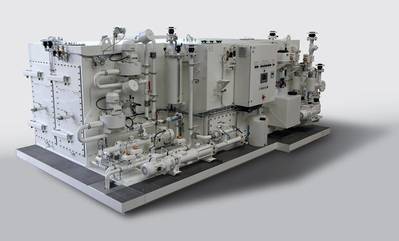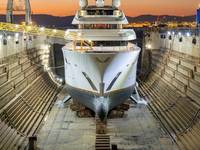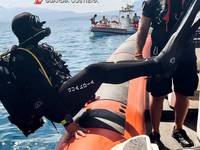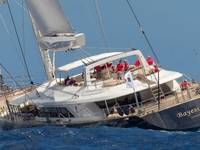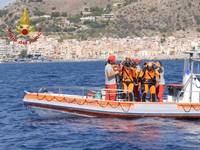New Water Rules Impact Super Yachts
The introduction of new wastewater treatment technologies and regulations will have an impact on the operation of super yachts with more than 12 passengers, especially those embarking on expedition type cruises, according to ACO Marine managing director Mark Beavis.
Speaking during the Palma Superyacht Show, where he presented a paper at the Quaynote Future of Refit & Repair conference, Beavis said: “When it enters into force, Resolution MEPC 227 (64) will have an enormous effect on the way superyachts manage their wastewater.”
The amendment changes current rules governing the performance of onboard water treatment plant. From 1 January 2016, the nitrogen content of the discharged effluent must be less than 20mg/l while phosphorous content cannot exceed 1mg/l.
“With an increasing trend towards expedition-type cruising, especially in ecologically sensitive areas such as the Southern Ocean, the Amazon, and the Bering Sea, the new IMO rules could have a significant impact on the yacht’s future field of operation.
“Waste water treatment is extremely important to the yacht market. Super yachts typically treat a substantial amount of water and have 100% system redundancy but luxury yacht owners and operators must start evaluating the performance of their current systems in order to make sure they are compliant,” said Beavis.
ACO Marine this month received Bureau Veritas type approval for its new generation Maripur NF® sewage treatment system, developed specifically to ensure super yachts comply with the resolution.
“This is an important step forward in the development of the Maripur product range,” said Beavis. “It confirms that the new ACO Maripur NF® system not only goes beyond the new IMO MEPC 227(64) standards, but also exceeds the more stringent wastewater treatment performance requirements set out in Section 4.2 of the Regulation which sets additional standards for passenger operations in IMO designated Special Areas.”
Type-approval testing has verified that the ACO Maripur NF® can reduce Coliform Bacteria to 17.5 count/100ml [standard is 100 count/100ml], TSS to 2.4mg/l [standard is 35mg/l], BOD to 7.3mg/l [standard is 25mg/l], and COD to 60mg/l [standard is 125mg/l], while nitrogen and phosphorous content is significantly below the mandated levels of 20mg/l and 1mg/l at 7.2mg/l and 0.3mg/l respectively.
